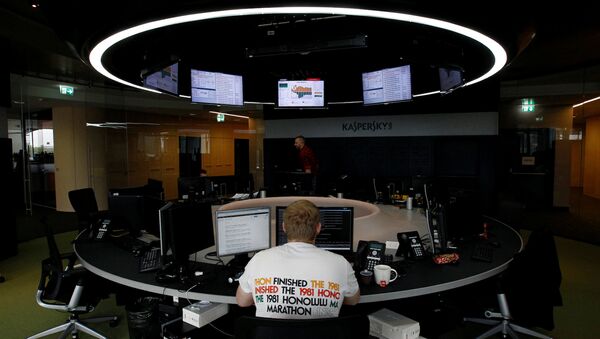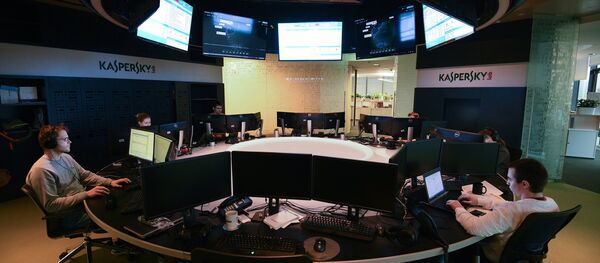According to cybersecurity experts, Saudi Arabia will also be among the top targets for cybercriminals.
"Misinformation campaigns will remain a threat to countries with upcoming elections, specifically Germany and Norway, as they have been previous targets for Eastern European based actors," GReAT added.
GReAt stressed that their predictions were not "exact science," but could be useful to help organizations prepare for potential threats.
In June, a series of cyberattacks, using malware dubbed ExPetr, struck Ukraine, spreading out to Germany, Russia, France, the United Kingdom. According to the Kaspersky report, the seemingly ransomware attacks appeared to be aimed at pure destruction.
In May, computers in over 100 countries were attacked by WannaCry ransomware, exploiting vulnerability in a network file sharing protocol typically associated with devices running Microsoft Windows OS.
A number of countries, including Sweden and Germany, have expressed concerns over potential election interference, especially on part of Russian-speaking actors. The United States senior officials have accused Moscow of interfering in the 2016 presidential election, which Russia has strongly denied, pointing out that there has been no proof of such meddling.
Russian President Vladimir Putin said in June that hackers from Russia could, in theory, target persons or organizations making negative statement about their country, but Moscow had never been involved in such activities.




